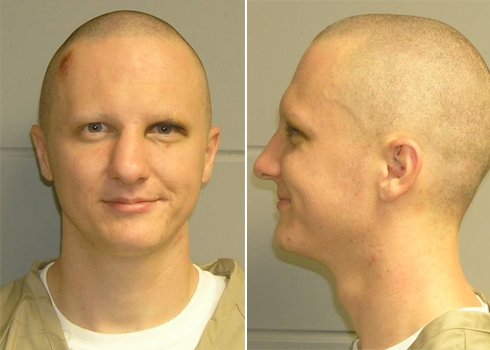A federal judge this week stepped in to prevent the Pima County Sheriff’s Office from disclosing a boatload of investigative documents in the Jared Loughner case to the Pulizer Prize winning Washington Post reporter who had been suspended by the newspaper after admitting to plagiarizing several graphs of an Arizona Republic story.
The judge issued an order prohibiting the Pima County Sheriff’s Office (PCSO) “from releasing its investigative files concerning defendant Loughner to The Washington Post or any other media or private requestor until the trial in this matter is complete.” The judge’s decision was unrelated to the suspension of Sari Horwitz, who requested the records on Jan. 25, according to a March 4 follow up letter from a lawyer working for the Post to a Pima County Sheriff public information officer.
Because the investigation into Loughner is a joint operation between the feds and the sheriff’s office, many of the documents were subject to both federal and state open government laws. The PCSO was planning to released the documents they generated during the course of their own investigation until the judge issued the order.
Federal prosecutors argued that the newspaper’s request to PCSO was “seemingly-limitless” and asked for a protective order because “disclosure of the PCSO’s investigative file would create a ‘substantial likelihood’ of ‘material prejudice’ to this proceeding and trial rights of the parties; would undermine the privacy interests of witnesses and victims; and would contravene the Court’s affirmative duty to avoid prejudicial or inflammatory publicity.”
“Although the Post may argue it is entitled to the PCSO’s records under Arizona law, that claim is incorrect and irrelevant to boot: this Court’s power to control the ongoing criminal proceedings trumps any state-law disclosure rights,” the government wrote in the filing.
The sheriff’s office had identified “250 audio recordings of witness interviews; 1,630 pages of transcriptions of these interviews; 403 pages of PCSO reports; 100-200 crime scene photographs; 241 pages of evidence control forms; 63 pages of computer-assisted dispatch (‘CAD’) reports; 7 pages of property release forms; 13 pages of notes; and 5 pages of tow truck requests,” according to a court filing.
In a separate court filing, federal prosecutors and a Bureau of Prisons (BOP) official argue that Loughner should undergo a psychiatric evaluation at a BOP Medical Referral Center. Loughner’s defense counsel reportedly said they would like to have him examined by an outside psychiatrist, but the government says BOP’s psychiatrists or psychologists should examine Loughner instead.






